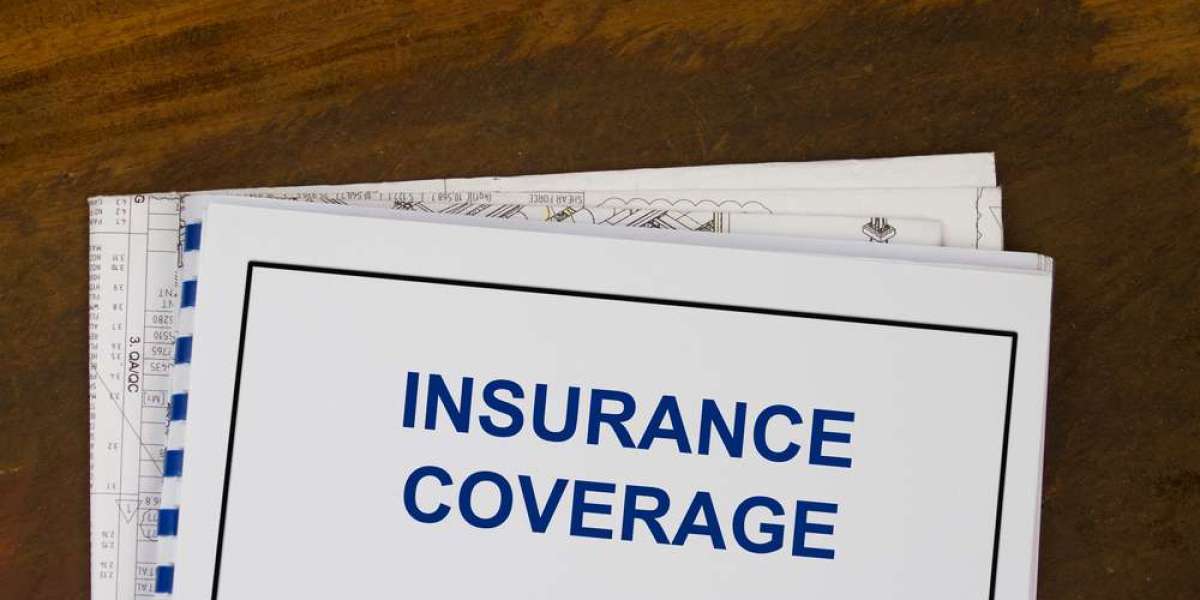Insurance Coverage Investigation is designed to provide financial protection when unexpected events occur, a car accident, a house fire, or a medical emergency. But when you file a claim, it doesn’t always mean your insurer will approve it without question. Often, the company will conduct what’s known as a coverage investigation to determine whether your claim falls under the terms of your policy.
While these investigations are normal, they can also feel intimidating. You may worry about delays, denials, or whether you’re required to cooperate with every request. The good news is that you have specific rights and protections during this process. Understanding them can help you navigate the situation with more confidence and ensure you’re treated fairly.
Why Insurance Companies Conduct Coverage Investigations
An insurance coverage investigation is essentially a fact-finding process. The insurer’s goal is to verify:
- That the event or loss occurred.
- The event is covered under your policy terms.
- The amount of damage or loss.
- That there was no fraud or policy violation.
Insurers are also required by law and by internal policy to investigate claims before paying them, especially when the payout could be substantial. This protects them from fraudulent claims but also ensures they’re acting in compliance with state regulations.
Your Fundamental Rights
Although your insurer has the right to investigate, you have legal and contractual rights that protect you during this process. These may vary slightly depending on your state and the type of insurance, but most policyholders can expect the following:
a. The Right to Prompt and Fair Communication
Insurance Coverage Investigation companies are generally required to acknowledge your claim and begin their investigation within a certain number of days (often between 10–15 business days, depending on state law). They must keep you informed about the progress of your claim and respond to your questions promptly.
Tip: Keep records of all correspondence, including dates, names, and summaries of conversations.
b. The Right to Understand the Process
You have the right to receive clear explanations about why the investigation is taking place, what information they need from you, and how your claim will be evaluated. They should also inform you of any deadlines you must meet to preserve your rights under the policy.
c. The Right to Privacy
While insurers can request certain personal and financial information if it’s relevant to your claim, they cannot demand unlimited access to unrelated records. For example, in a health insurance dispute, they may request medical records linked to the specific treatment in question, but they can’t demand unrelated medical history without a valid reason.
d. The Right to Legal Representation
You can hire an attorney at any point during the investigation, particularly if the process seems unfair or overly burdensome. In some cases, such as large or complex claims, having legal representation can prevent misunderstandings and ensure your rights are protected.
e. The Right to a Timely Resolution
Most states require insurers to complete investigations within a reasonable time frame, often 30–60 days, unless there are extenuating circumstances. If your claim is delayed beyond that, they must explain the reason for the delay in writing.
Common Tactics Insurance Companies Use, and How to Respond
Being aware of the strategies insurers sometimes use can help you avoid pitfalls.
Extensive Document Requests: Some insurers ask for excessive documentation to delay payment or discourage claims. Ask for explanations in writing for why each document is needed.
Recorded Statements: They may ask you to give a recorded statement. While this is sometimes reasonable, you should be cautious — statements can be used to limit your payout. You can request to review of your policy to see if you are obligated to give one, and consider having legal counsel present.
Surveillance: In certain claims (like disability or injury claims), insurers may monitor your activities. While this is legal in many cases, it must be conducted in a lawful and non-intrusive manner.
Low Initial Settlement Offers: Sometimes, insurers offer a quick, low payout, hoping you’ll accept without challenging it. You are not required to accept the first offer.
Your Responsibilities During the Investigation
While you do have rights, you also have duties under your insurance contract. Failing to meet these can give the insurer a legal basis to deny your claim.
Provide Timely Notice: You must report your loss within the time limits stated in your policy.
Cooperate in Good Faith: This includes providing requested documentation and allowing inspections when reasonable.
Prevent Further Damage: In property claims, you must take reasonable steps to prevent additional loss (e.g., covering a damaged roof with a tarp).
Be Honest: Misrepresentations or omissions can lead to claim denial and even legal consequences.
Steps to Protect Yourself
Here’s how to safeguard your interests during a coverage investigation:
Read Your Policy Carefully: Understand the exact coverage terms, exclusions, and investigation clauses.
Document Everything: Keep detailed records of the incident, damages, and all communications with your insurer.
Ask for Everything in Writing: This creates a paper trail that can protect you if disputes arise.
Meet Deadlines: Missing deadlines can be grounds for denial.
Stay Calm and Professional: Avoid emotional confrontations; stick to facts.
Consider Expert Help: In complex cases, a public adjuster or attorney can advocate for you.
What to Do If You Suspect Bad Faith
Insurance Coverage Investigation companies have a duty of good faith, meaning they must deal fairly and honestly with policyholders. If your insurer:
Unreasonably delays the investigation,
Denies a valid claim without justification,
Misrepresents policy language,
Refuses to communicate,
…they may be acting in bad faith.
You can respond by:
Writing a formal complaint to the insurer.
Filing a complaint with your state’s department of insurance.
Consulting an attorney specializing in insurance law.
In some states, successful bad faith claims can result in the insurer paying additional damages, attorney’s fees, or even punitive damages.
Final Thoughts
An insurance coverage investigation doesn’t automatically mean your claim will be denied — but it is a process where knowledge is power. Understanding your rights and responsibilities helps you avoid mistakes that could harm your claim and ensures you’re treated fairly under the law.
Remember:
You have the right to clear communication, privacy, and timely resolution.
You are allowed to question requests and seek legal help.
You should always document and protect your side of the story.
In short, the investigation is a two-way street. The insurer gathers facts, but you control how clearly, completely, and confidently your side is presented.



